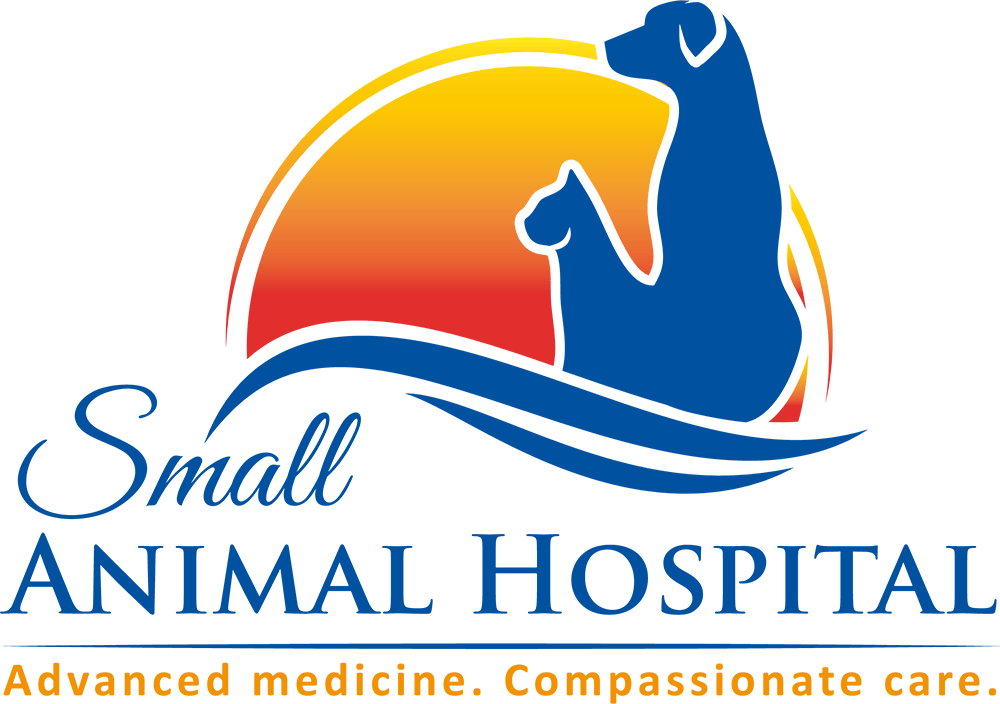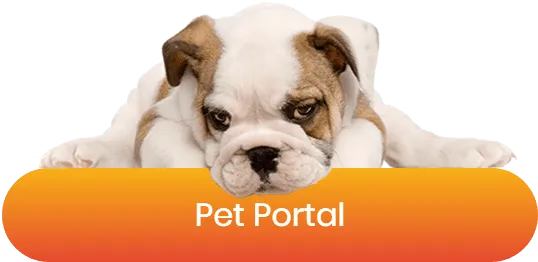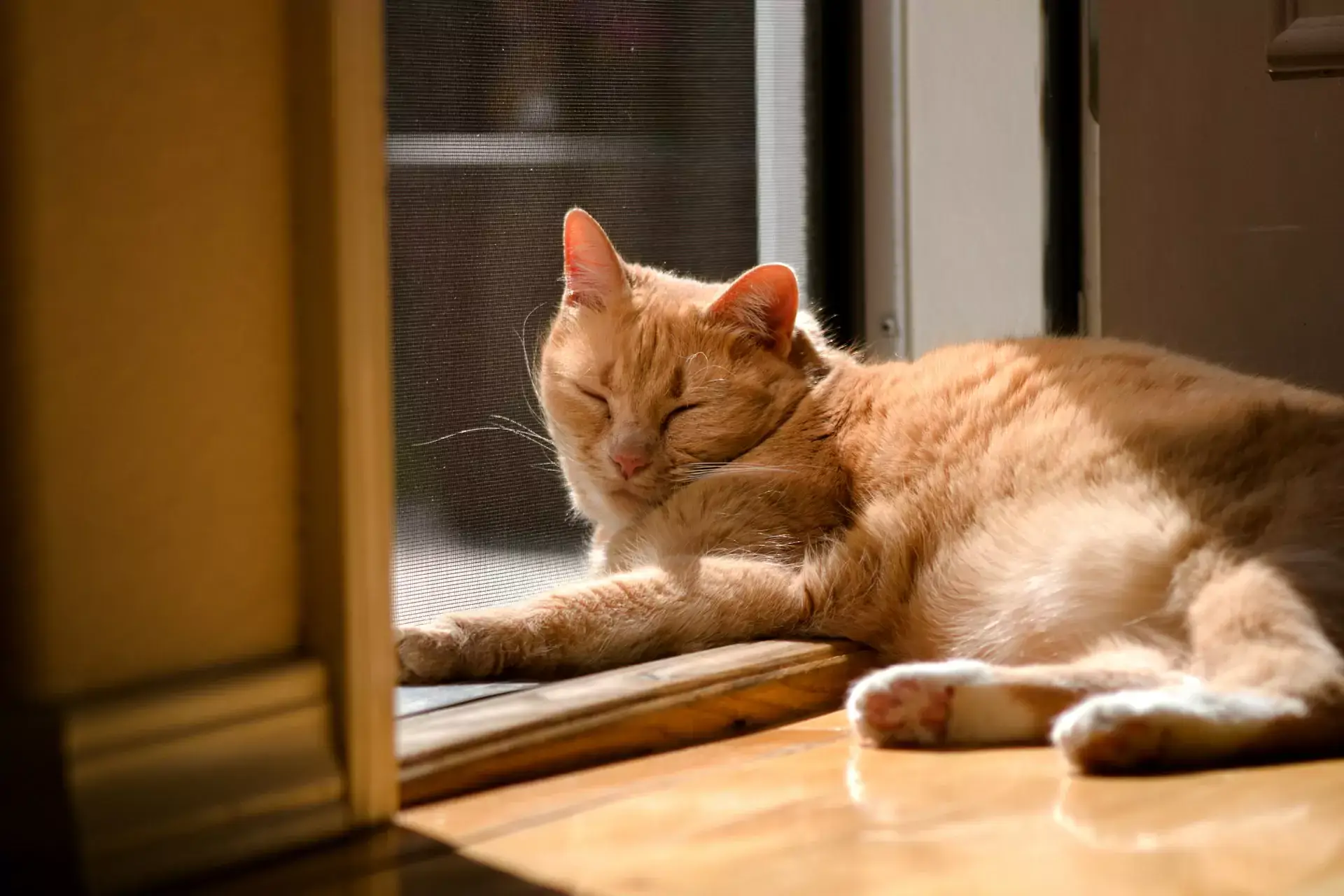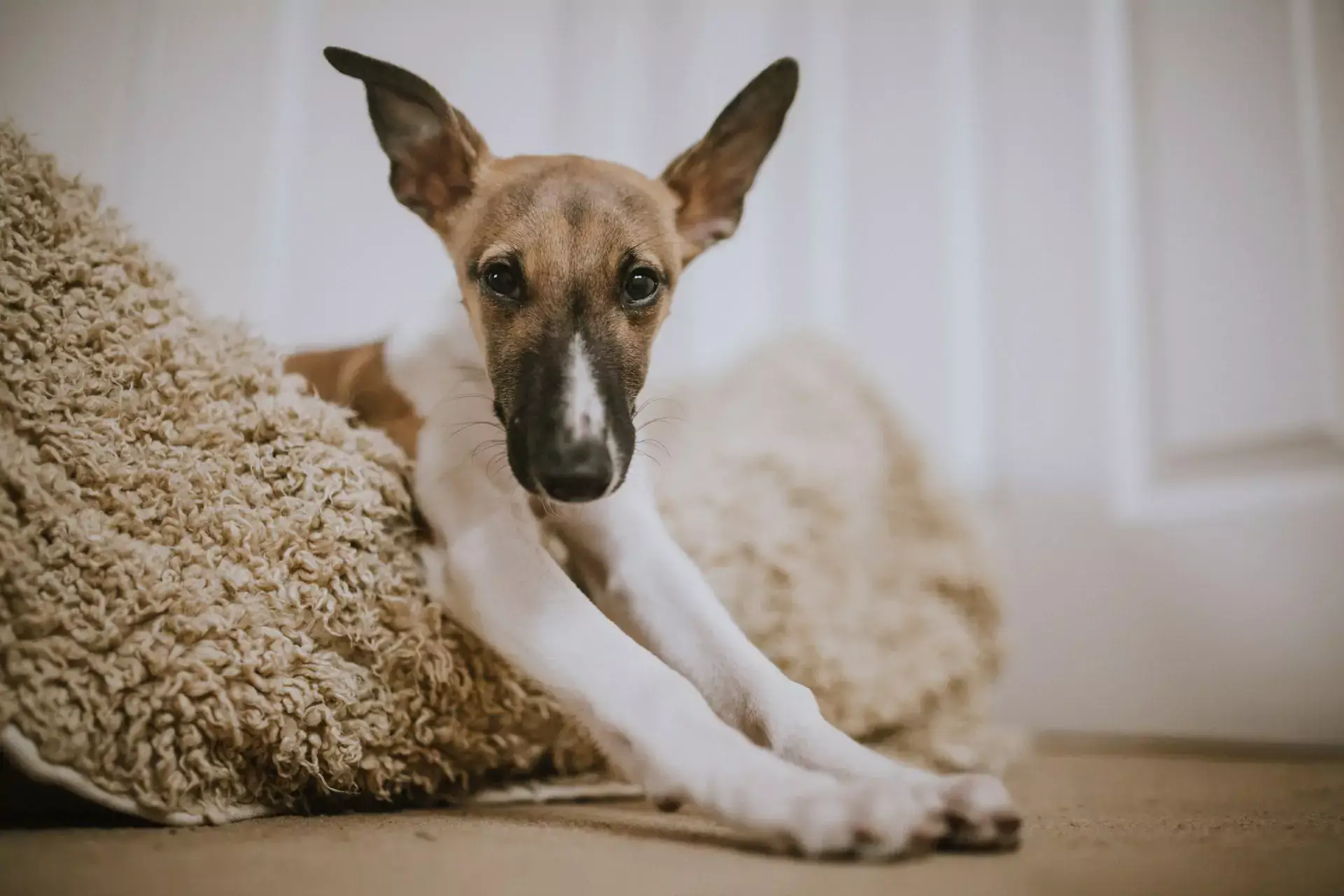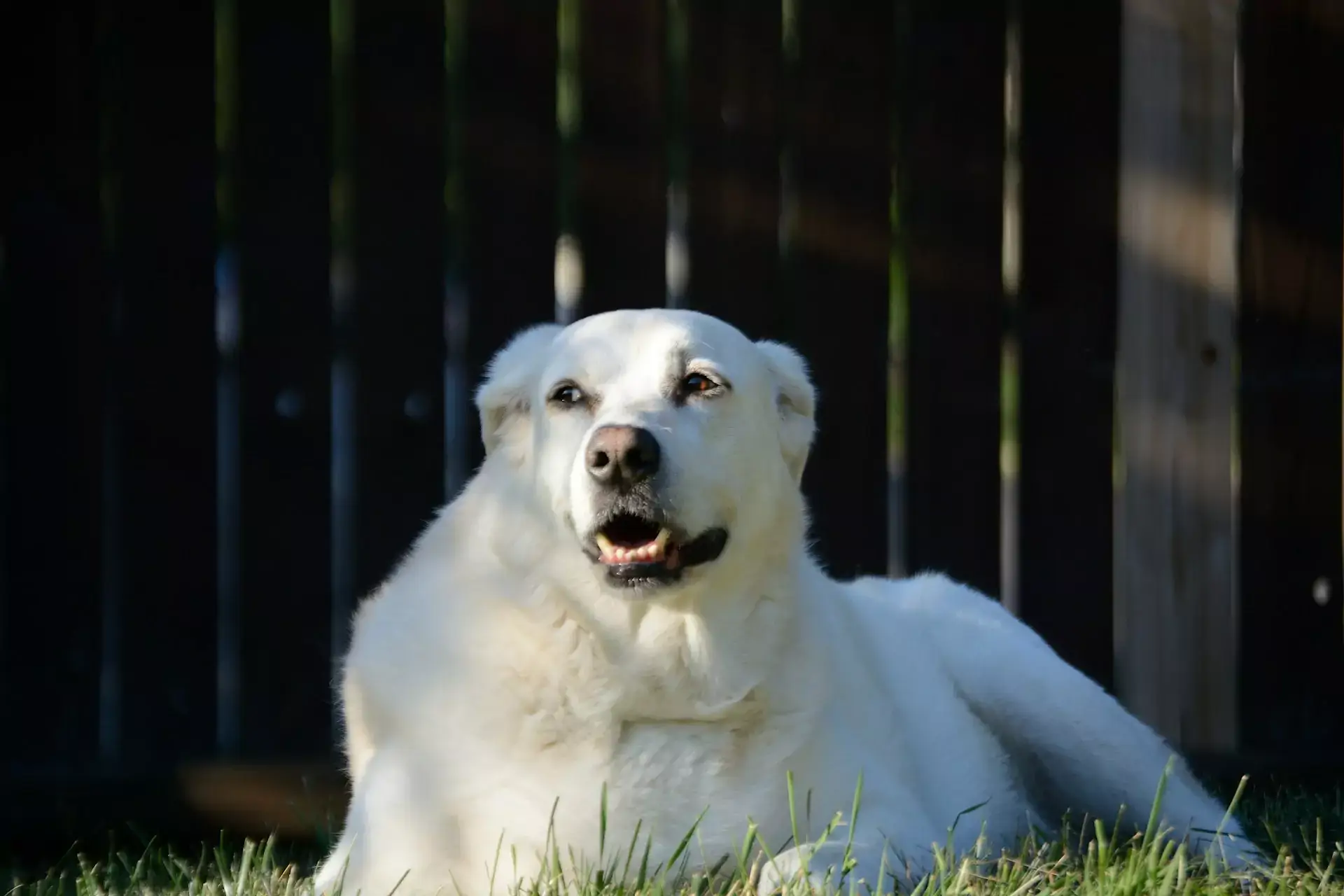Beware of Potential Pet Toxins Inside Your Home
March is Poison Prevention Month—did you know that your home likely already contains some, if not all, of the following pet toxins? Fortunately, your Fort Myers, FL veterinarian is here to help. Read on as we discuss some of the most common potential toxins and how to have your pet avoid them.
Human Foods
Any typical kitchen contains plenty of foods that aren’t good for pets. Toxic human foods include onions, garlic, chives, leeks, grapes and raisins, caffeinated beverages and foods, chocolate, candy, gum, avocado, and more. Never leave these foods out on countertops where pets may be able to access them.
Human Medicine
Many human medications—everything from antidepressants and aspirin to cough syrup and prescription pills—can harm a pet if they were to ingest them. It’s not safe to leave your medications out in the open, as a determined pet with strong enough jaws may be able to chew right through a plastic cap! Store your medicine safely inside of a closed cabinet.
Pesticides and Fertilizers
If you use pesticides in your home to ward off insect or rodent pests, be sure to place them carefully. These substances can poison our companion animals as well as the pests they’re designed to get rid of! Also beware of lawn and garden fertilizers, as many can prove toxic to pets. Store these items on high shelves in areas that are restricted to house pets.
Cleaning Supplies
Your supply closet contains all sorts of items that may be harmful to your pet, including bleach, ammonia, floor cleaners, air fresheners, solvents, paint thinner, and much more. Keep your supply closet closed tightly when you’re not using the products inside. If you’re using something that gives off pungent fumes, it’s safest to move your pet elsewhere for the time being.
Toxic Plants and Flowers
There’s quite a long list of hazardous houseplants and flowers—it includes lilies, tulips, daffodils, elephant ear, certain aloe plants, chrysanthemums, the sago palm, poinsettias, ivy, oleander, and many, many more. Ask your veterinarian what sort of harmful plants are common in your area, and remove them from your home or garden if necessary. You can also do some research online to find a complete list of toxic plants and flowers.
Keep the phone number of your Fort Myers, FL animal hospital on hand to call if you think your pet has swallowed something they shouldn’t have.
